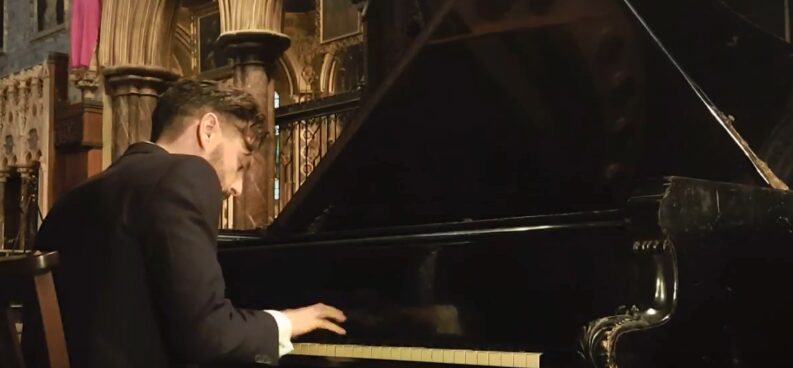The riddle of good practising
The riddle of good practising
The riddle of good practising
Practising long hours can contribute massively to our development as performers; true. But is it just about time? Or, can it also be about quality?
Quality practising makes all the difference. We can invest endless hours with our instrument, but all of them will lead to nowhere if we don’t administrate them adequately. Time management is another talent a pianist should have. The ability to organise practising sessions that are not repetitive. Our practising sessions should cover technique and new material incorporation evenly. For example, we should not only think about playing scales but also about allocating some time to the perfecting of our arpeggios and after that of our trills. Keeping a diary of our daily practice becomes paramount.
Music can be inspiring, but it can also mislead us. If we are passionate pianists we enjoy playing and that sometimes can detract us from using our time efficiently. One thing is yo play the piano for our enjoyment, and another very different thing is to practise. When we study a piece, we are making an effort. We need to stop and think about the exact movement to employ in a particular passage, we need to try and see through the harmonic texture of the work, and we need to define who is indeed leading the melodic line. In other words, we need to work, and sometimes that work is not so pleasant.
I have come across an article about how and how much to practice the piano by Juan Rezzuto. If you are interested in reading more about how you could organise your piano-workout with the aim of taking more advantage of your time, this article is for you.
But don’t get too comfortable, learning how to optimize your practice takes a lifetime and wondering about different ways of making your practice more successful will always be a haunting activity in your life as a classical piano enthusiast.



